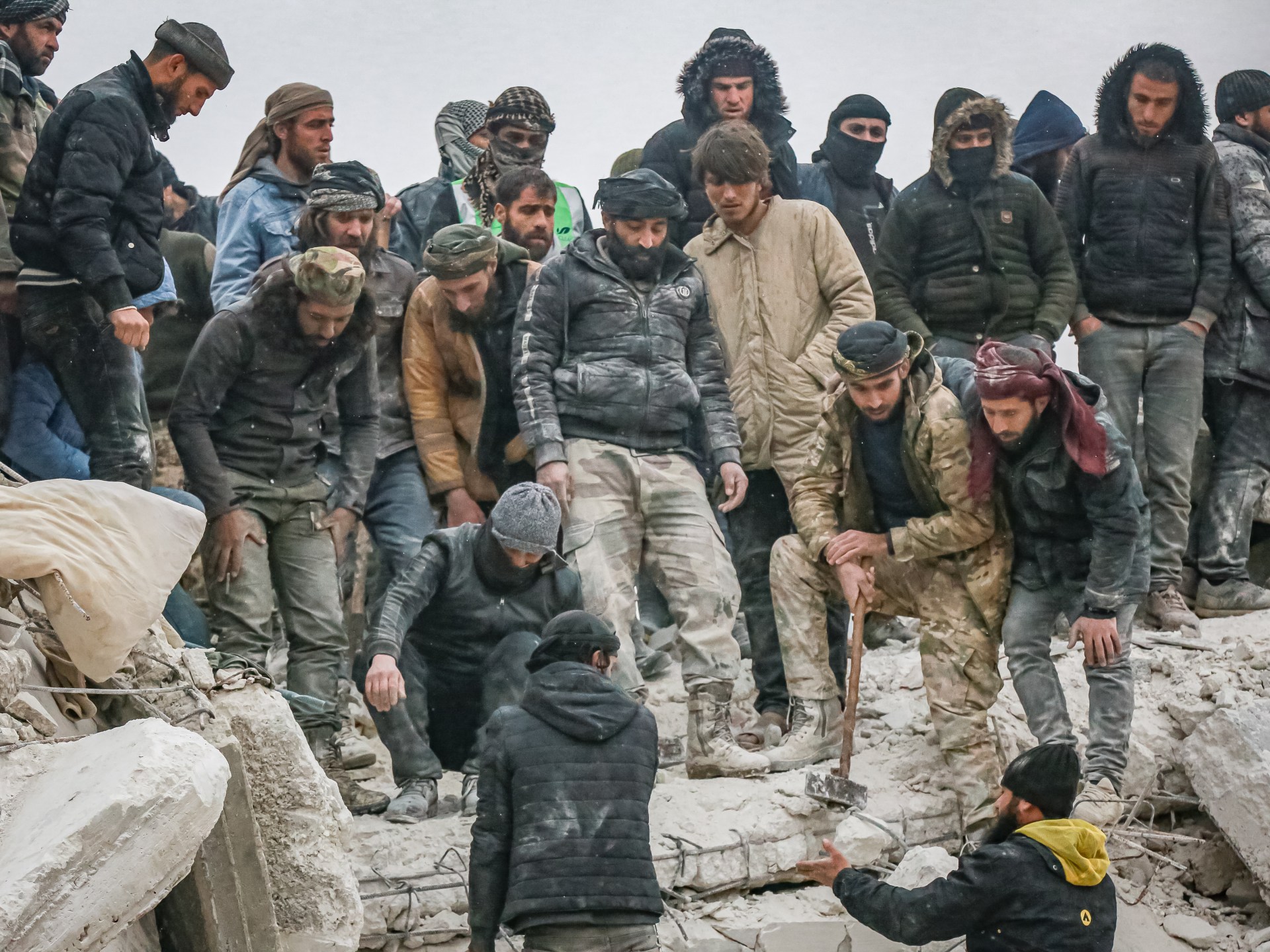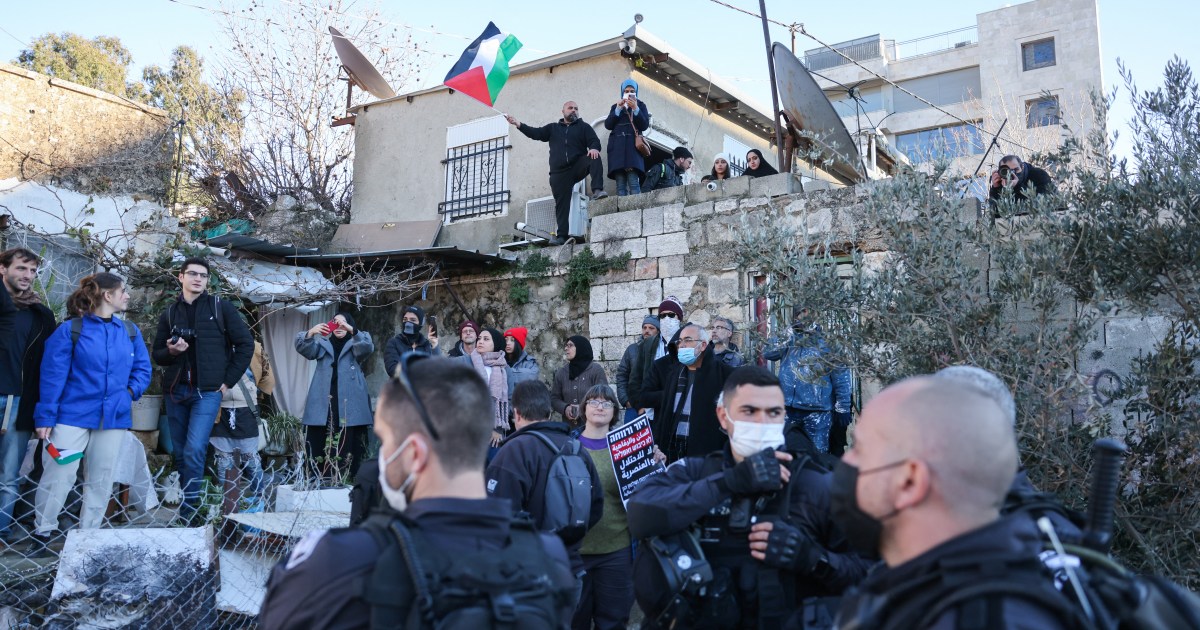My dread, as a European, about the war in Ukraine | Russia-Ukraine war News
I have been an Al Jazeera English news presenter since the channel’s launch in 2006. Since then, along with brave and talented colleagues past and present, we have always strived to redress the imbalance in international news which gives the West prominence over the Global South – an imbalance which has been on full display during the coverage of Russia’s invasion of Ukraine.
Al Jazeera exists to be the voice of the voiceless, or certainly of the least heard, and I have never sat at the anchor desk without keeping that mission at the heart of my work. And my heart has broken for the people involved in every conflict that the channel has covered.
But as a continental European, I have to admit that I now feel a particular dread over the current war in Ukraine.
Am I falling foul of the same double standards I have been working against for years? Do I feel this way because Ukrainians, being fellow Europeans, “look like me”?
Maybe. But the truth is that like most Southern Europeans, my colouring and features are much more typically Middle Eastern than Slavic. My maternal homeland of Sicily is a few hundred kilometres from the Tunisian coast.
My young son does not look like the many blond, blue-eyed Ukrainian children making the freezing journey to the safety of neighbouring countries. He looks like Alan Kurdi, the Syrian Kurdish three-year-old who never made it to his destination, but washed up dead on a Turkish beach on September 2, 2015, while trying to reach a Europe that denied him, an innocent victim of war, safe and legal passage.
Over the past few days, many commentators and journalists have suggested that Europeans think war, destruction and displacement belong in “uncivilised” countries far away.
But this is the point I disagree with most profoundly, and which is at the heart of my sense of dread. As a continental European, I know full well that Europe is anything but immune from war. Quite the opposite: Europe has been ravaged by relatively recent wars whose scars continue to be felt today.
I use the term “continental” European intentionally, to differentiate it from the United Kingdom, where I am now based. Because while the UK suffered relentless bombardment during World War II, it was never invaded the way its European neighbours were. It was never occupied by foreign forces. It did not watch as its Jewish populations were rounded up and deported to certain death. It did not suffer a civil war. And after the fighting finally stopped, it did not have to engage in painful national soul-searching to try to understand how Nazism, fascism and collaboration could have taken root.
For continental Europeans now, these are not just chapters from history books but family stories, some of whose survivors are still alive to tell them. I felt firsthand how painful these stories can be when I made my film Fascism in the Family. The clue is in the title.
Despite other historical sins Britain may arguably still have to atone for, when it comes to World War II, it was on the right side of European history. This matters because when we talk about “Western media” we are almost always talking about British and American channels and journalists.
What I feel right now about this war is not represented by their voices. And it is certainly not represented by journalist Daniel Hannan, a cheerleader for Brexit – a divorce from the European Union which led to six million fellow Europeans living in the UK having to reapply for their right to stay in a country they had thought of as home. In a recent article for The Telegraph, Hannan wrote that, after the invasion of Ukraine, war no longer happens in “impoverished and remote populations”.
But when I, as a continental European, hear the phrase “I can’t believe this is happening in Europe”, I don’t just hear superiority, though that is often there too. I also hear the terrified disappointment that everything that was done to prevent another war on European soil seems to have failed.
A new world order was created post-1945. An imperfect one for sure, but NATO, the United Nations and what eventually became the EU were all born out of the desire to never again see that kind of destruction on European soil.
“Never again” seems to have lasted roughly 75 years. I know the same world order brought devastating and unjust invasions to countries outside Europe. But no one will emerge safer out of the terrible situation in Ukraine. European wars have a tendency to escalate.
We will see more double standards in weeks and months to come, especially when it comes to migration.
The EU has reached the historic agreement to grant migrants from Ukraine the right to live and work within the bloc. Right on cue, various European far-right leaders are already speaking about distinguishing between the “right and wrong” kinds of migrants.
Because as well as there being tensions, conflict and double standards, there are always those wanting to exploit them. As there always have been.




